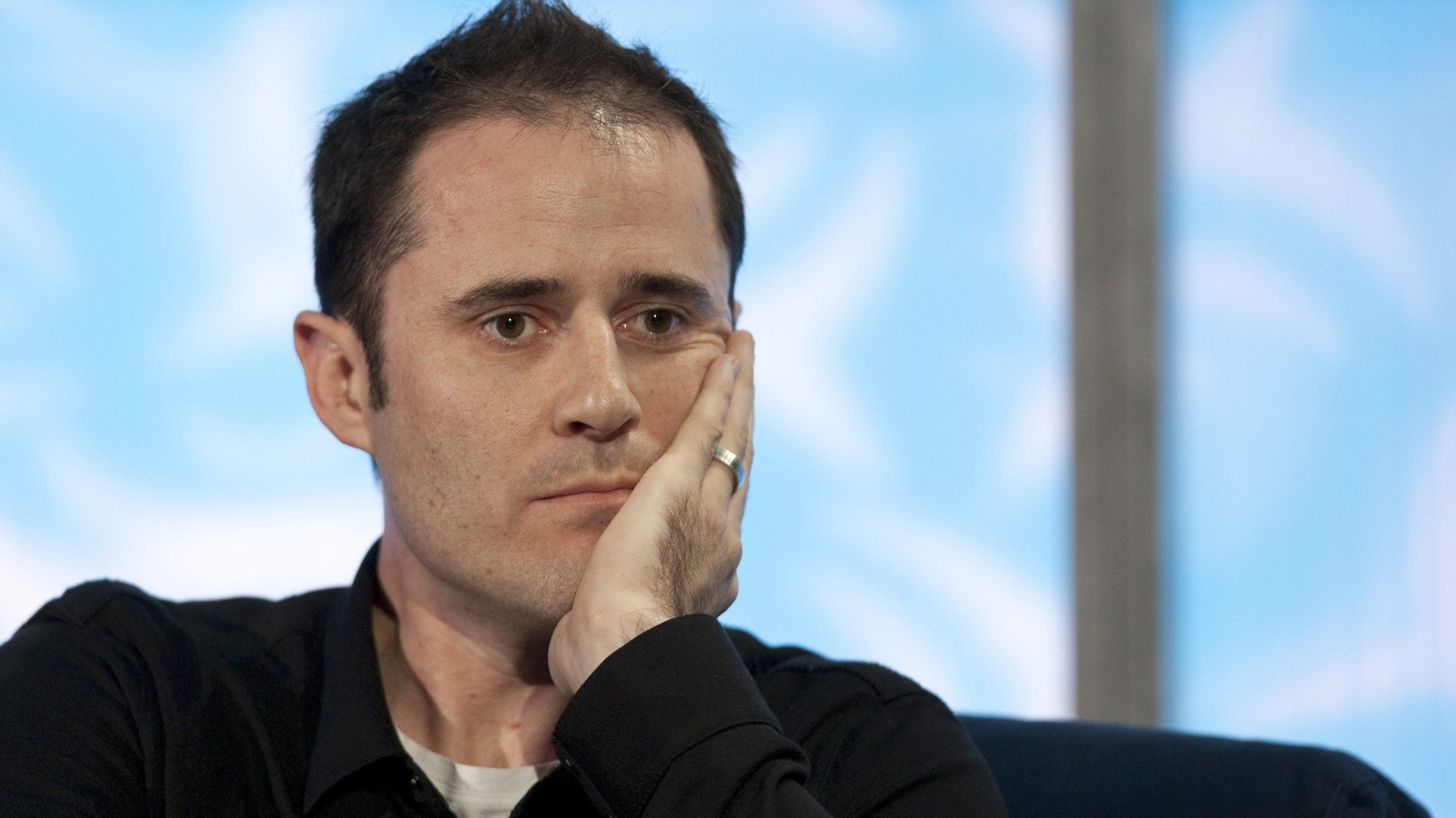Twitter’s co-founder says he’s sorry if the platform helped elect Donald Trump
If Twitter is responsible for putting Donald Trump in the White House, then its co-founder says he apologizes. He only wanted to make the world a better place.


If Twitter is responsible for putting Donald Trump in the White House, then its co-founder says he apologizes. He only wanted to make the world a better place.
Evan Williams, who helped found Twitter in 2006, didn’t know the social network he helped build would one day make or break elections, like the 2016 US populist upset that elected Donald Trump. The US president has said he credits Twitter for his victory. ”I think that maybe I wouldn’t be here if it wasn’t for Twitter,” he told Fox News in March.
“It’s a very bad thing, Twitter’s role in that,” Williams told the New York Times (paywall), when confronted with the claim. “If it’s true that he wouldn’t be president if it weren’t for Twitter, then yeah, I’m sorry.”
Trump joined Twitter in 2009, long before he ran for office, and built a decent following on the platform. It soared during his presidential bid, when he took to the social network daily—often posting in real-time from from his personal cell phone. It gave him a direct line to millions of Americans, which he used to push his agenda and undermine the press coverage about him.
The platform, where Trump now has around 30 million followers, is still a powerful communications tool for the commander in chief. He calls it his “own form of media.”
“The news is not honest. Much of the news,” said Trump, in the Fox News interview. “And when I have close to 100 million people watching me on Twitter, including Facebook, including all of the Instagram, including POTUS, including lots of things—but we have—I guess pretty close to 100 million people. I have my own form of media.”
Williams, who also co-founded Blogger and Medium, apparently had much more altruistic ideas in mind for the platform. “I thought once everybody could speak freely and exchange information and ideas, the world is automatically going to be a better place,” he told the Times. “I was wrong about that.”